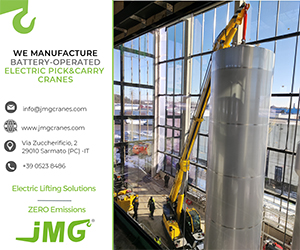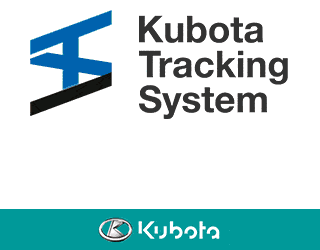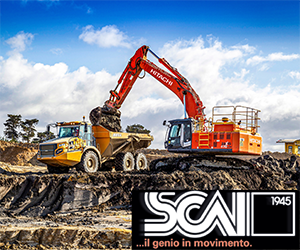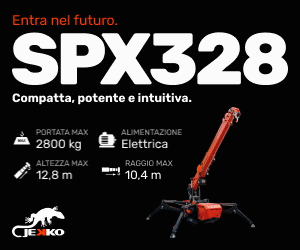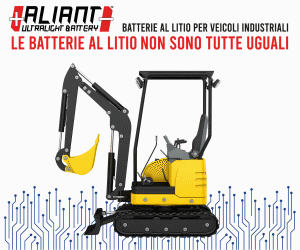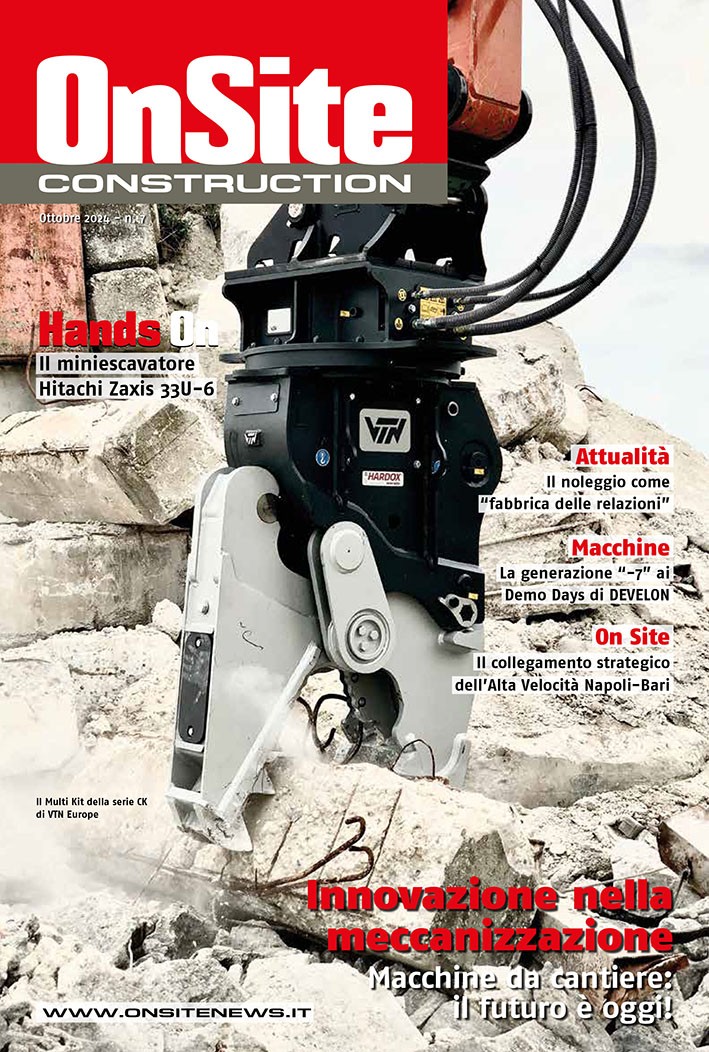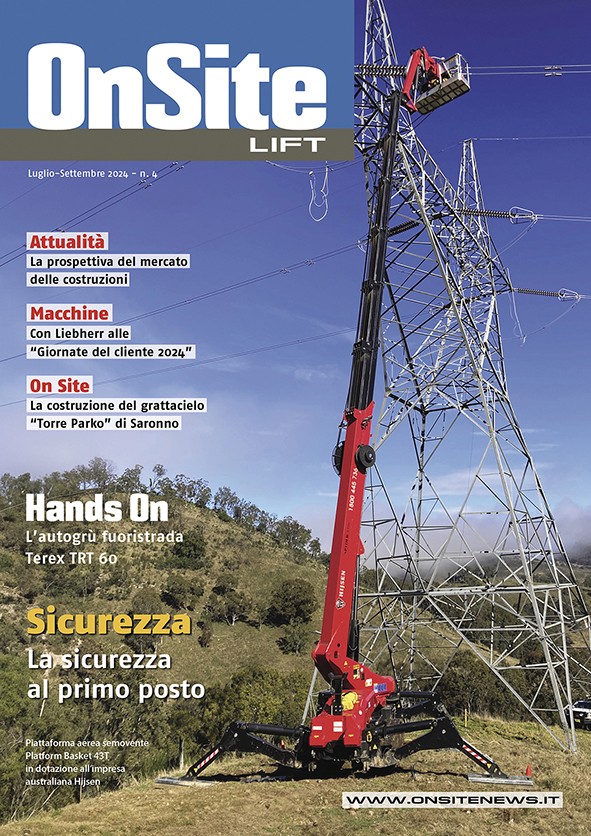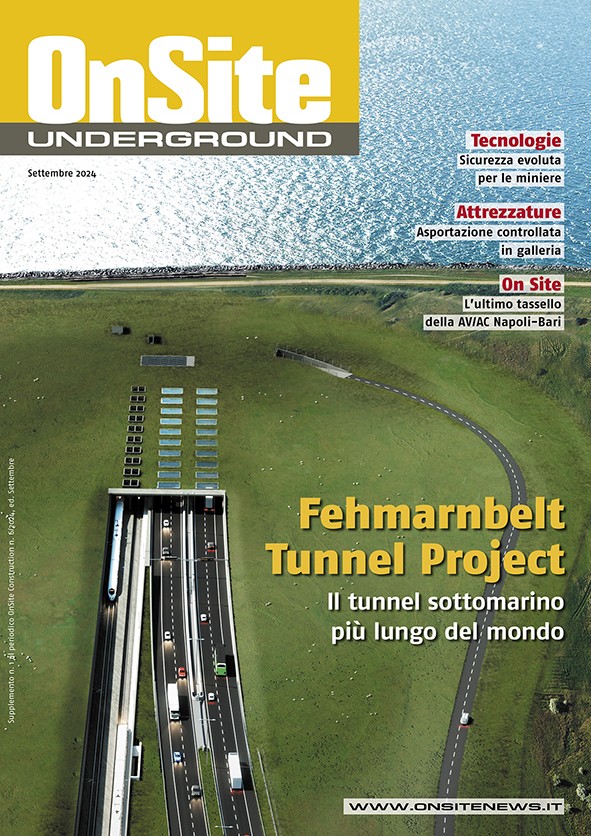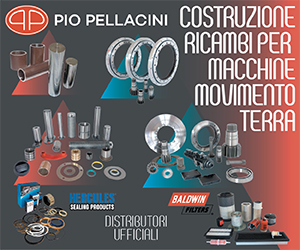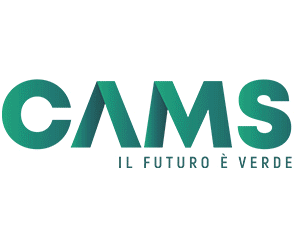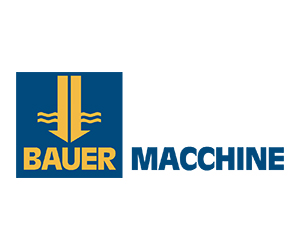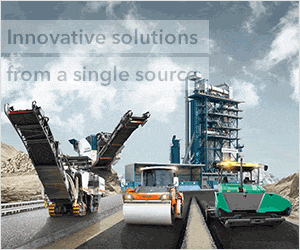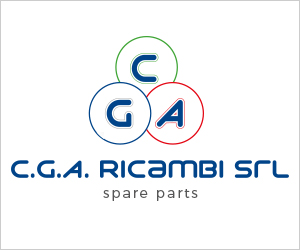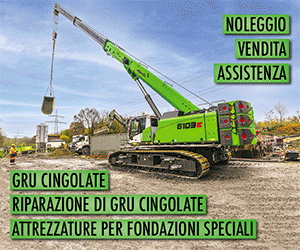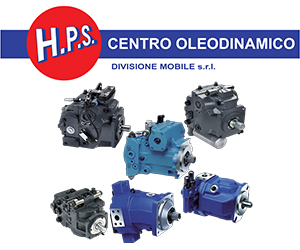Home \ International \ Waste glass becomes high-quality sand
Waste glass becomes high-quality sand
15/10/2019
Pubblicato da Redazione

Ammann plant part of groundbreaking recycling effort
An Ammann ABP High Recycling Technology (HRT) Asphalt-Mixing Plant is playing a key role in a revolutionary recycling process in Australia.
Alex Fraser Group, a leading supplier of sustainable construction materials, has opened a state-of-the-art glass recycling plant that transforms “mountains” of problem glass waste into high-quality sand. The glass recycling plant officially opened in late May on the same day – and on the same Victoria, Australia, site – as the Ammann HRT plant.
The recycling plant converts the problem glass into sand that is used by the adjacent Ammann ABP HRT plant to produce asphalt mix. In addition to supplying the Ammann plant, the recycling facility provides road base, aggregates and sand for green road and rail projects.
Each day, the glass plant can recycle up to 4 million bottles and produce up to 800 tonnes of high-specification sand. According to the company, the source materials come from “the most problematic glass waste streams” that were previously stockpiled or landfilled.
“Our new glass recycling plant is capable of producing 200,000 tonnes of recycled glass sand per year – equivalent to a billion bottles, effectively putting an end to glass waste stockpiles and landfill in Victoria,” said Peter Murphy, Managing Director for Alex Fraser.
The Ammann ABP HRT furthers these sustainability efforts. The asphalt plant is specially designed to incorporate RAP (Recycled Asphalt Pavement) and other recyclable products as the main stream materials that can produce more than 500,000 tonnes of green asphalt per year. It includes Ammann’s proprietary as1 EcoView control system software, which closely monitors energy consumption and emissions; a foaming system for warm-mix capability; and hot asphalt storage up to 72 hours.
“The Ammann plant complements the other aspects of the Alex Fraser business in regard to recycling,” said Paul Vandersluis, Managing Director of Ammann Australia. “Not only is the Ammann plant equipped with technology for today, but it can also accommodate future introductions of other types of recyclable materials – be it filler, binder or aggregate substitutes.”
Alex Fraser chose Ammann because of the company’s unique recycling technology; its strength and local representation in the Australian market; and its ability to boost its customers’ bottom line, Vandersluis said. “The life of ownership calculations demonstrated the Ammann plant to be the best fit for the Alex Fraser business,” he said.
The company has worked with regulators and customers to develop quality products over many years. These products use innovative inputs including glass and plastic. In a time of scarce resources, this is increasingly of interest to asset owners, competitors and governments at all levels. The Ammann plant provides the capacity to increase recycled content as the industry progresses. It has already been producing sustainable asphalt to supply several major and municipal road projects.
“This energy-efficient plant is capable of producing high-quality asphalt mixes, made almost entirely of recycled materials,” Murphy said. “Our greenest asphalt mixes, like Glassphalt, which includes recycled glass, and PolyPave, which includes recycled plastics, are being produced here to supply a multitude of projects.”
Victorian households currently generate high amounts of problem glass waste, known as CSP, every year. Made up of fine particles of glass co-mingled with other waste – including paper, plastics, metals and organics – this waste stream cannot be traditionally recycled back into bottles or jars. Until recently, an enormous volume of glass waste was accumulating, destined for landfills.
Murphy said the company combined years of recycling experience with the latest technology from around the world to design this innovative glass recycling plant that uses a range of technologies to produce high-quality construction sand from the waste materials.
“Our new glass recycling plant separates the glass from the impurities and processes it into recycled sand, which complies with VicRoads (the governmental transportation agency) specifications,” Murphy said. “It directly replaces quarried sand and reduces the need for trucking virgin sand long distances into Melbourne, substantially reducing heavy vehicle movements on congested roads.”
The environmental impact on the Australian state of Victoria is enormous. “The use of this material will have significant commercial and environmental savings, including the reduction of glass as landfill, heavy vehicle movements, and the carbon footprint of new projects, by up to 65%,” Murphy said.
Established in 1879, Alex Fraser is one of Australia’s longest running companies. In 2019, it celebrates 140 years of operation, having recovered and recycled 50 million tonnes of material.

Ultime notizie di Ammann Group

Equipments
04/04/2024
Ammann E-Drive Rammer retains power, other key features
The new Ammann eATR 68 Rammer, an electric-drive machine, ge...

Earthmoving Machinery
28/02/2024
Ammann announces the Electric-Drive Mini Excavator eAMX 15
Ammann announces the release of its first electric-drive min...

Road Machinery
27/02/2024
Ammann’s new ARP 75 Pivot-Steer Tandem Roller
New Pivot-Steer Roller Features Fingertip Steering, Innovati...

Road Machinery
16/02/2024
Ammann E-Plates match power of petrol versions
Ammann’s new eAPF 12/40 and eAPF 12/50 Forward Moving Vibrat...

Road Machinery
01/02/2024
New Ammann eARX 26-2 Roller Utilises Electric Drive
Ammann’s new eARX 26-2 Light Tandem Roller features a fully...

02/10/2019
Compact design ensures stability for ARS 200 and ARS 220 single-drum rollers – even on slopes
Lower Centre of Gravity Makes Compaction Work Easier
Altri International
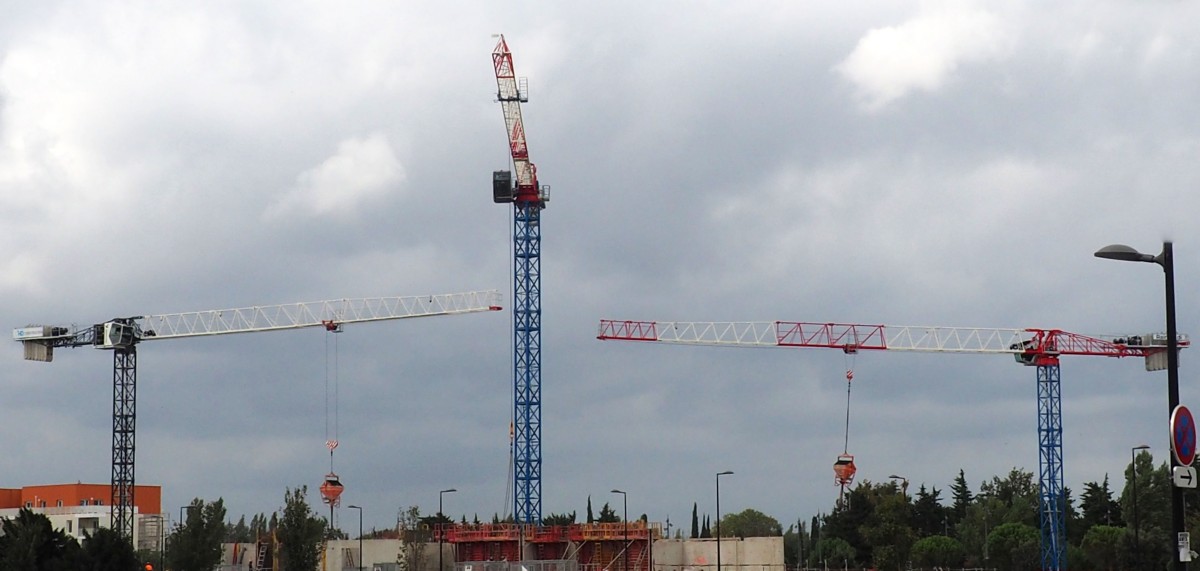
International
23/11/2024
GPMat International takes delivery of two Raimondi T147s residential development in the South of France
- Official agent of France expands its product lineup with t...
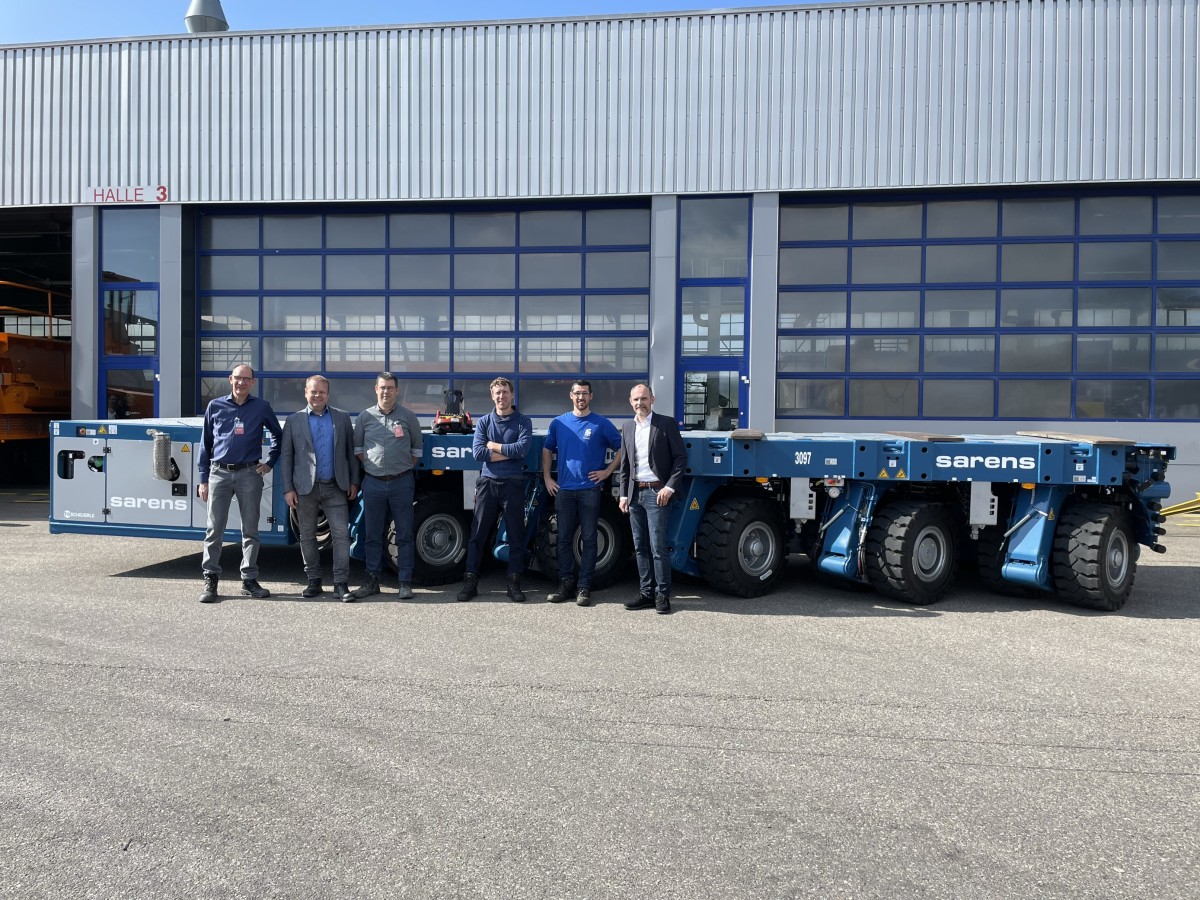
International
22/11/2024
Sarens acquires additional SCHEUERLE SPMT K24 modules
renowned for its expertise in crane rental services, heavy l...
International
22/11/2024
Five WOLFF cranes modernize Oslo’s Ulven district
With a total of five WOLFF cranes of type 7534.16 Clear, Wol...
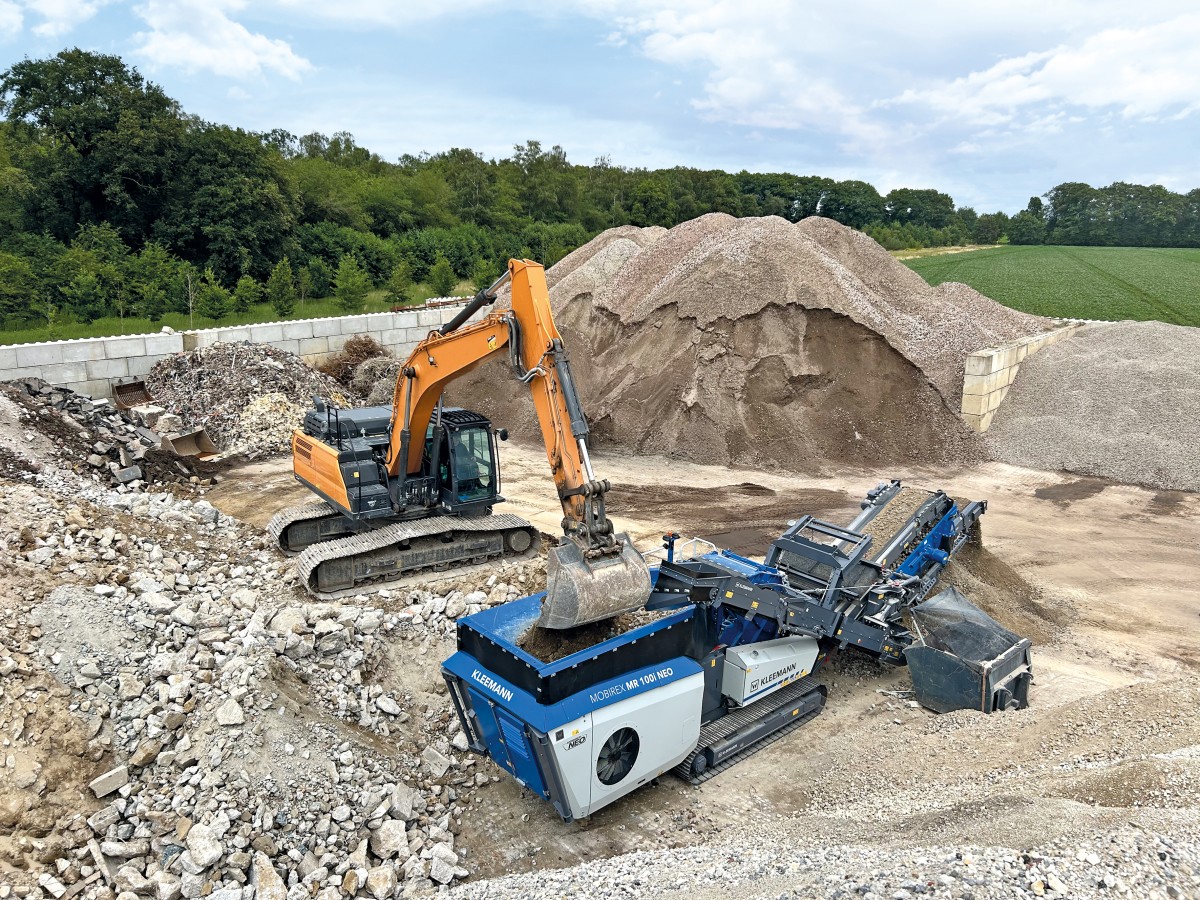
International
21/11/2024
Kleemann: New compact crusher used for recycling
Impact crusher MOBIREX MR 100i NEO impresses during operatio...
International
21/11/2024
SITECH partners with Royal Engineers to create poppy and demonstrate tech offering
The demostration involved creating a ground-level poppy desi...
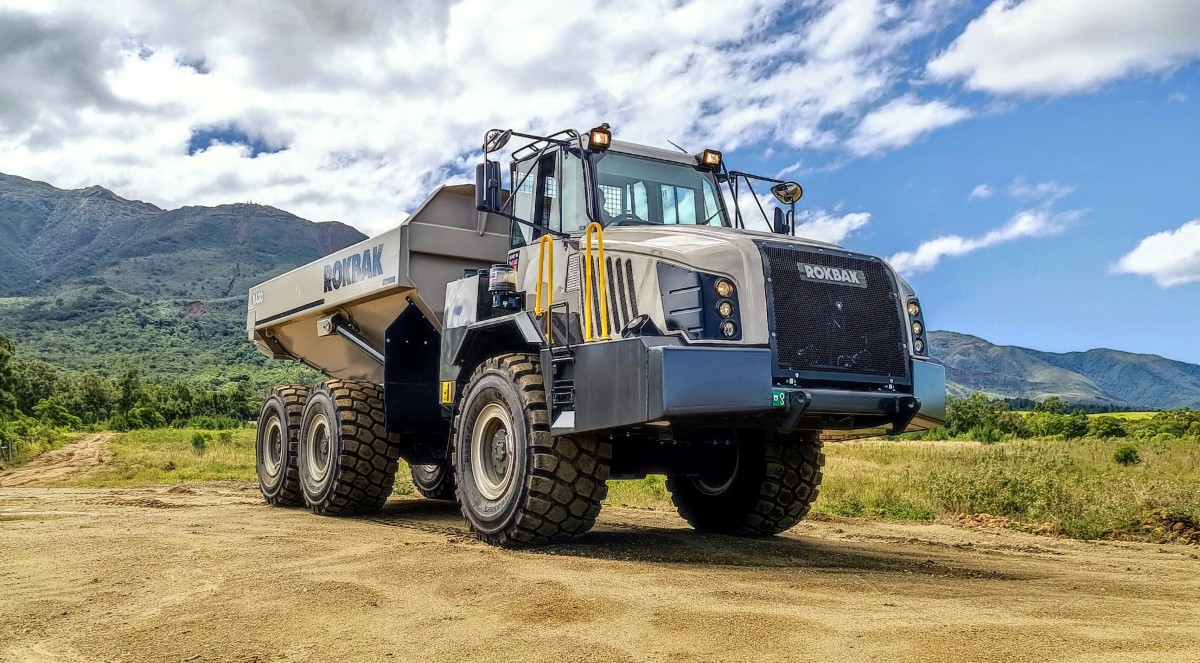
International
20/11/2024
Strong and stable RA30 trucks carry the weight at New Caledonian mine
Three Rokbak RA30 trucks are delivering exceptional durabili...
















